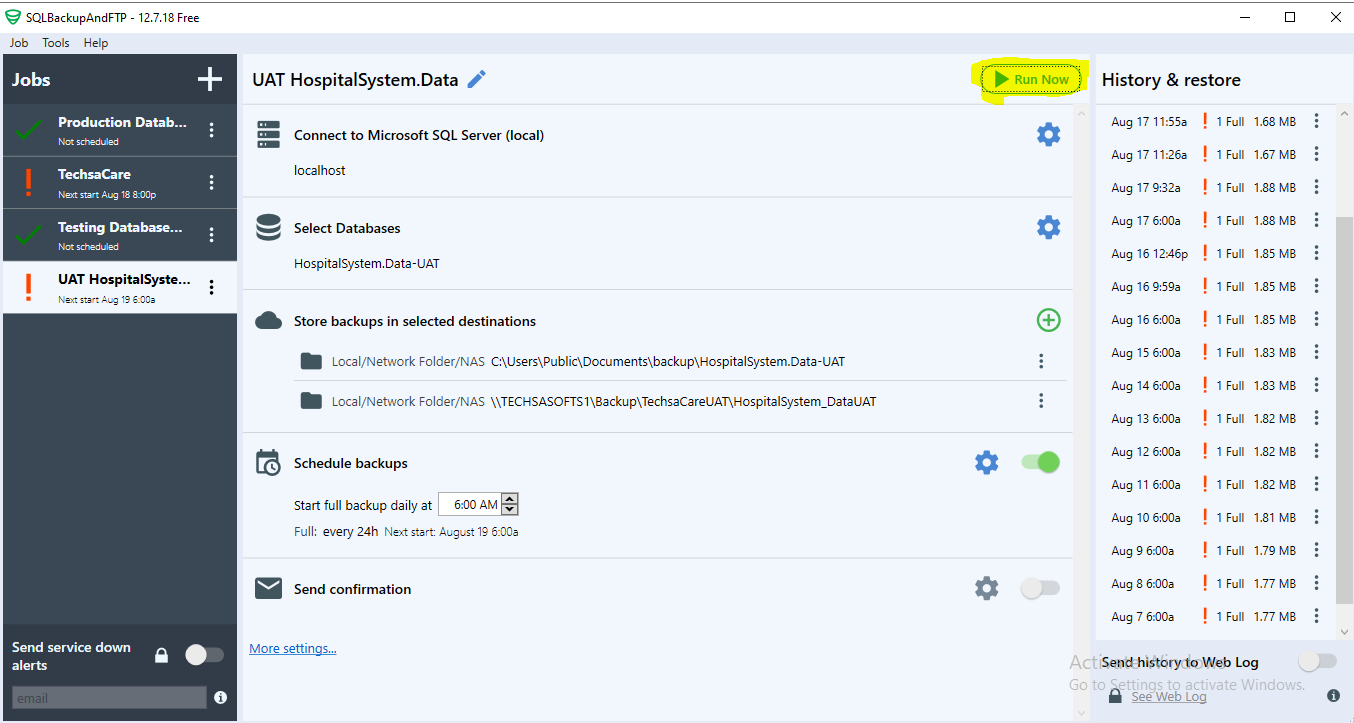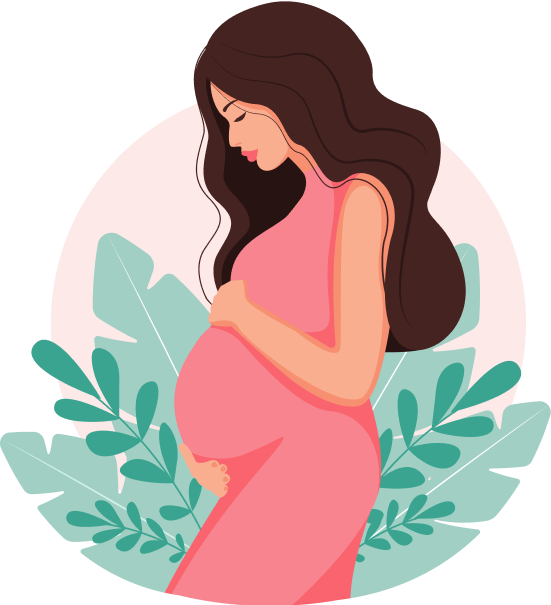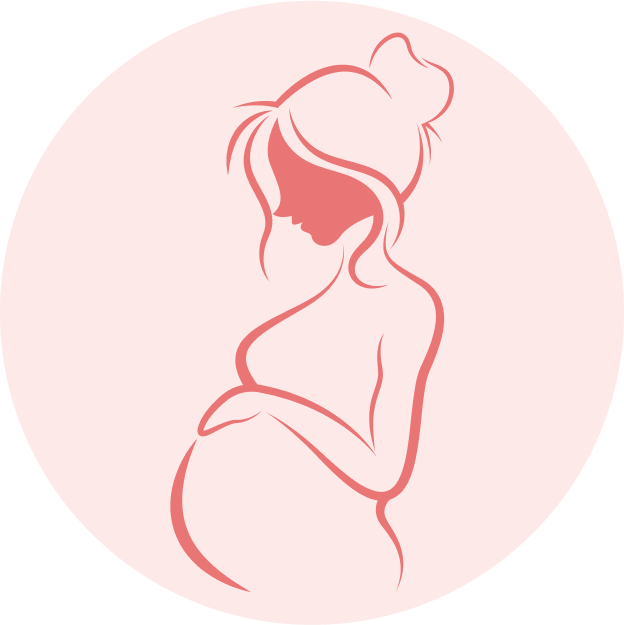You may also like…
Nutrition During Pregnancy- Why is this Important ?
A healthy diet is one of the most important aspects that lead to a healthy baby. Our diet not only affects our body but also our heart, mind and soul. You will find yourself feeling hungrier than your usual but you do not need to start eating for “two.” A healthy breakfast is a good start to your day and it will help you avoid sugary and fatty foods. Consumption of whole foods such as fruits, vegetables, low-fat dairy, and lean meats throughout pregnancy appears beneficial for appropriate birthweight.
- Choose diverse, nutrient-dense foods within and among the five food groups every day;
- Make fruits and vegetables part of every meal or snack, and
- Make at least half of grains consumed whole grains.
How to plate your plate?
Imagine making a plate of food, 50 percent of this plate should comprise of vegetables and fruits, 25 percent should comprise of breads, rice, potato, pasta and other starchy food and 25 percent should comprise of: 11 percent meat, fish, eggs, non-dairy sources of protein, minimal percent low fat dairy products, 11 percent foods and drink that are high in fat and sugar and 3% nuts and almonds. In particular, foods such as lean meat, vegetables, fruit, whole grains, and low-fat dairy all contain beneficial nutrients such as protein, fiber, iron, zinc, calcium, and folate.
The affects of healthy Nutrition
A pregnant woman’s nutritional and dietary profile before conception can have a positive and negative impact on how her baby develops. Obesity in maternal dietary profile is linked with overweight babies, macrosomia and placental lesions. Patients who are obese before pregnancy also have an increased risk of complications during pregnancy which include preeclampsia and glucose intolerance.
The only change necessary in the second or third trimester is to increase total energy intake by about 200 or 400 kcal to cover the additional energy needed for tissue energy deposition and the metabolic needs of pregnancy.
Macronutrients to include:
- Large servings of fruits and vegetables
- Small servings of meat, fish, chicken
- Small servings of dairy items like cheese, milk and yogurt (most women find themselves repulsed to the idea of dairy products, if this happens to you, don’t fret)
Micronutrients to include:
Key nutrients including folate, iron, zinc, calcium, vitamin D, and essential fatty acids function to promote red blood cell production, enzyme activity, bone development, and brain development. It is important to remember that adequate intake of folic acid preconception and during early pregnancy prevents the development of neural tube defects. In addition, the risk for developing anemia during late pregnancy is more common in iron deficient women. Having good iron stores also prevents premature births, low birth weights, and hemorrhage during childbirth.
- 400 µg/day folic acid before pregnancy and early on in pregnancy
- 800 mg/day for calcium
- 400 IU/day (10 µg/day) for vitamin D
Which foods should you avoid?
- Raw, unpasteurized milk, cheese, juice
- Uncooked or half cooked meat or any poultry item, always heat processed meats till they are steaming hot
- Food kept in fridge for more than 2 days
- Caffeinated drinks like coffee and tea, small amounts are acceptable









